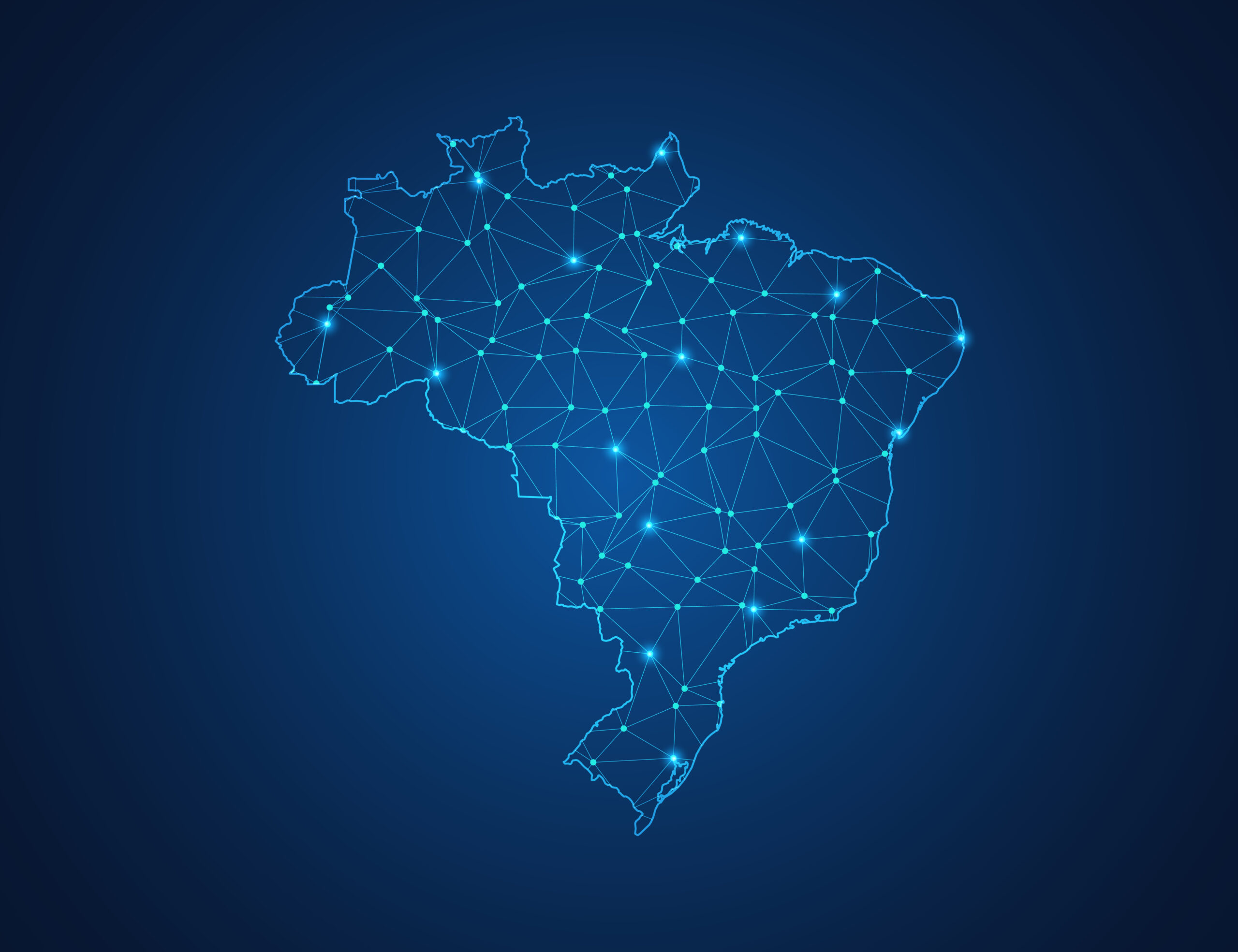THE INTERDEPENDENCE OF THE BRAZILIAN STATE

Throughout the history of Brazil, we have traveled an extensive journey towards the consolidation of a national identity and, with it, the realization of the interdependence that should unite us in the construction of our destiny.
These postulates highlight a fundamental aspect of any civilized society: the preservation of coexistence. All existing rules seek to preserve peaceful relationships between people, environmental sustainability, overcoming social inequalities, seeking justice and social harmony. There is a clear sense of utopia that, as the filmmaker Fernando Birri taught; “Utopia is there on the horizon. I approach two steps, she moves two steps away. I walk ten steps and the horizon runs ten steps. As far as I walk, I will never reach. What is utopia for? That's what it's for: so that I don't stop walking.”
Life in society presupposes recognition and the need to preserve our relationships, permanently encouraging ethics, inclusion, diversity, postures that, lately, have also been valued in the corporate environment with the adoption of ESG metrics, bringing companies, finally, the defense of human rights.
However, actions aimed at strengthening coexistence are threatened. The political debate attests to a radicalization that distances understanding, opposing opinions are violently attacked, without attachment to argumentation, and the “cancel culture” spreads. The opposite is not an adversary but an enemy.
This environment has deep roots in our history. Disrespect for rights are plentiful, sponsored by government officials and supported by parts of society – increasingly suspicious according to a global survey by the Ipsos Institute. The investigation released by Veja shows that when asked “Do you trust others?” made to 22 people in thirty countries, Brazil appears in last place.
Corruption scandals, the sense of impunity that contaminates the whole of society, the profound inequality and certainly difficulty in enforcing the most basic consumer rights are clearly harmful to our coexistence. Yes, our past and what we are living in the present are not encouraging, but they can serve as fuel to change the future.
By remembering that our mutual dependence is the reality that should mean union and that it is possible to overcome our countless difficulties with dialogue, tolerance, without subservience. Thus, we can question and find ways. Utopia? Perhaps, but as Birri taught, this should be our way.



